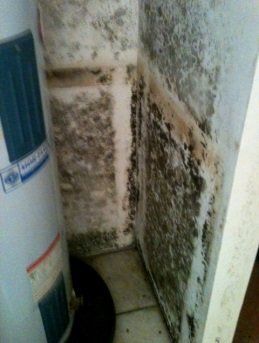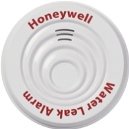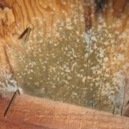Find a pre-screened local mold removal specialist Free Estimate
Find a Mold Specialist Now
Click or Call, Toll-Free 24/7
Mold From a
Hot Water Heater Leak
A hot water heater leak can cause a lot of damage to your floor and it can also lead to the growth of mold in your home. Mold from a hot water heater that leaks can do further damage to your flooring and can also cause numerous health problems, including allergic reactions and respiratory disorders. Unfortunately, homeowners don’t always spot a leaking hot water heater until the problem has been going on for a while. Hot water heaters are often located in areas of the home where homeowners don’t go very often and in some instances, are rather difficult to access.
Signs of a Hot Water Heater Leak
Signs of a leak from your hot water heater include water on the floor around the hot water heater, discoloration of the floor and/or wall around the hot water heater, mold on the floor and/or wall around the hot water heater, and a musty odor in the area where your hot water heater is located. A musty odor is a sign of mold, and if you smell that odor, it means you likely have mold somewhere in your home, even if you don’t see it. Since mold often grows in hard-to-spot areas, like inside walls, under carpet and linoleum, and inside heating and ventilation ducts, it’s not unusual to smell mold but not see it.
Sometimes it’s difficult to tell if your hot water heater is leaking or if something else is going on. Condensation around the hot water heater can sometimes make the floor wet and cause mold to begin to grow. Other plumbing leaks can cause similar issues. Obviously in order to fix the problem, you need to identify it correctly. Any of these problems can lead to damaged flooring and mold growth, so they all need to be corrected as soon as possible.
Dealing with Mold from a Hot Water Heater
If you’ve got mold around your hot water heater (or anywhere else in the home, for that matter), it’s important to have it thoroughly removed as soon as possible because exposure to household mold can lead to numerous health problems, some of them quite serious. Exposure to mold can cause respiratory infections such as bronchitis and pneumonia, asthma attacks, allergic reactions, difficulty breathing, digestive problems, depression and severe chronic fatigue.
Mold can be removed from non-porous surfaces like tile floors with an antimicrobial cleanser and a scrub brush. It’s not possible to remove mold completely from porous surfaces, though, like carpets, drywall and floorboards. Those materials must be removed (carefully, in order not to spread mold spores to other areas of the home in the process) and replaced.
If you are experiencing any mold-related health problems or if you have respiratory problems like asthma or any disorders of the immune system, we recommend not attempting to remove mold yourself because the mold removal process will expose you to more mold spores and can make your condition worse. To protect your health, we recommend calling in a professional for the job in those instances.
In order to prevent mold from returning, you’ll need to repair any hot water heater leak or other problem that led to the development of mold. Otherwise, you’ll soon find yourself dealing with mold again.
Getting Help with a Hot Water Heater Leak
If your hot water heating is leaking or you have mold around your hot water heater, we recommend calling in a mold remediation professional. He or she can diagnose the problem, figure out where the water is coming from and let you know how to fix it. He or she can also locate any mold in the home, including mold growing in hard-to-see places, and let you know what needs to be done to correct that problem. Even if you plan to do the work yourself, you’ll benefit from some expert advice, and since most mold remediation professionals offer free inspections and consultations, you have nothing to lose. To find experienced mold remediation professionals offering free inspections and consultations in your area, just follow the link.
Return From Hot Water Heater Leak To Our Main Basement Mold Page
Free Home Inspection By A Mold Removal Specialist
Search This Website
Recent Articles
-
See Our 5 Recommended Mold Removal Companies in Aberdeen, SD
Oct 08, 21 04:05 PM
-
Public Housing Tenant Sick from Mold
Apr 24, 20 01:40 PM
-
Mold Types Found In Homes .......Identification, Finding Mold, Testing
Jan 27, 20 02:32 PM





